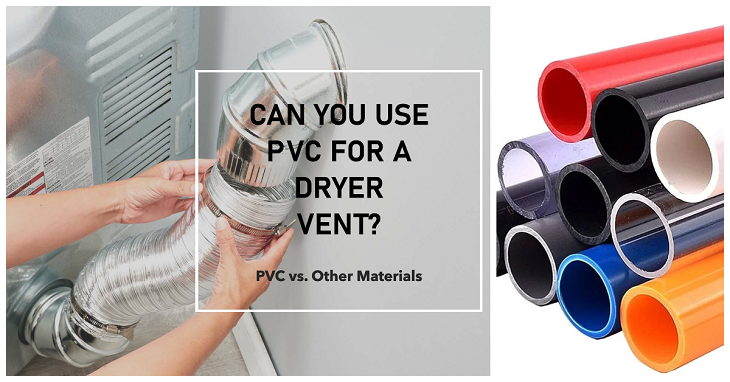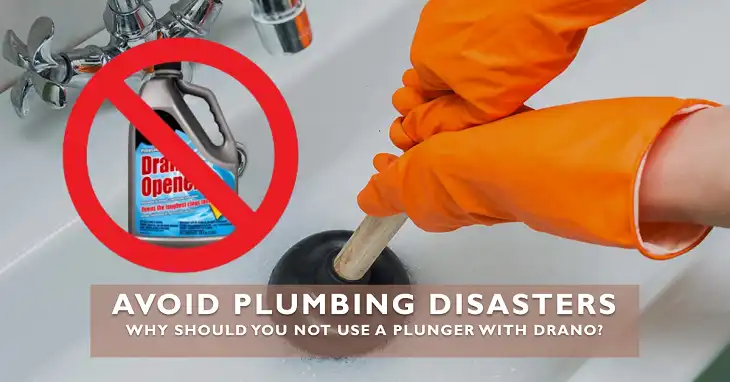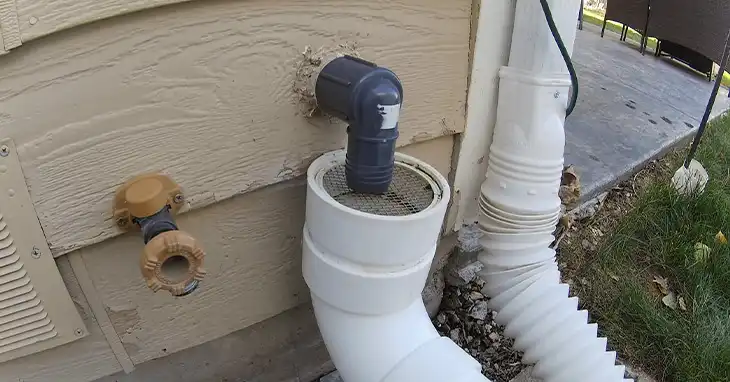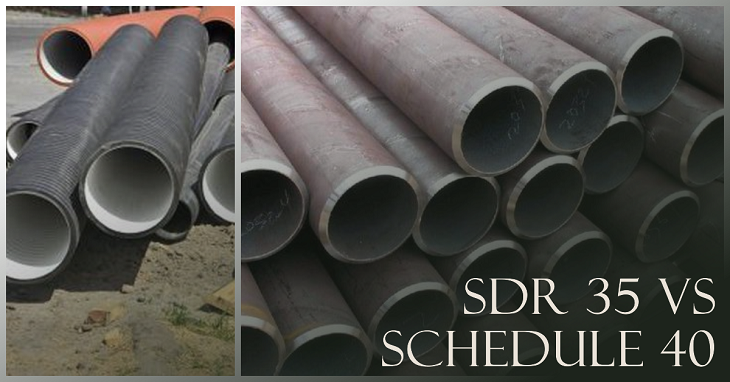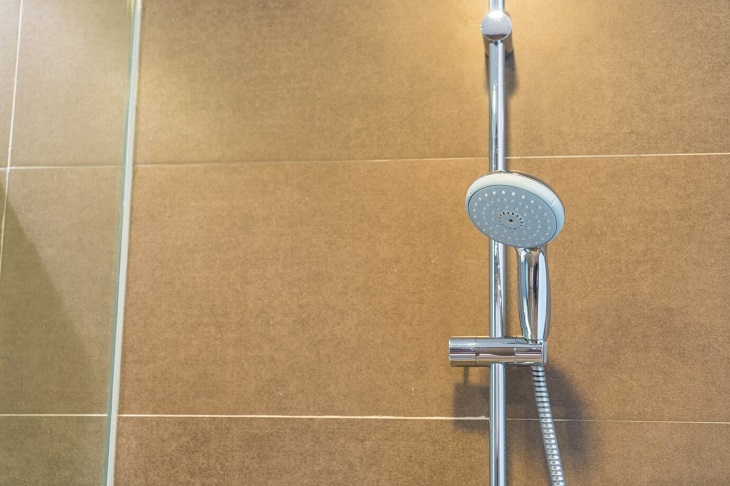How to Find Out If There’s Water In Your Natural Gas Line
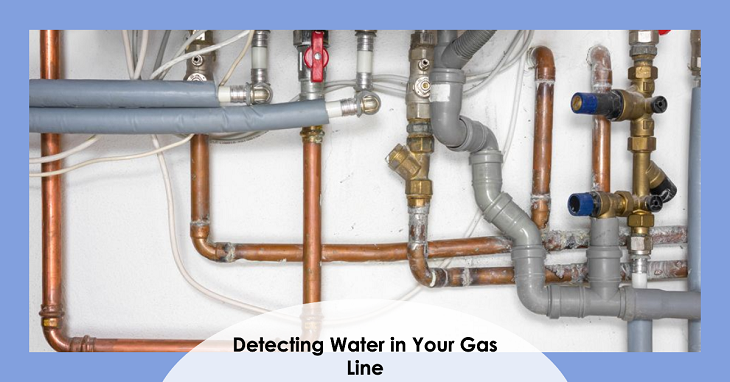
Water in a natural gas line can lead to various problems, including reduced efficiency, gas flow issues, and potential safety hazards. Detecting water in your gas line early is crucial to maintaining a properly functioning system. In this article, we’ll explore how water can enter a natural gas line, the signs to watch for, and step-by-step instructions on how to confirm and address this problem.
Quick Answer
If you suspect water in your natural gas line, check for signs like reduced gas flow, sputtering appliances, or strange noises when the gas is running. You can confirm the presence of water by using a pressure gauge, conducting a gas line inspection, or calling a professional to perform a more detailed analysis.
What Causes Water in Natural Gas Lines?
Water can enter natural gas lines due to several reasons:
- Condensation: When temperatures fluctuate, condensation can form inside the gas pipes, leading to water accumulation over time.
- Leaks in Underground Pipes: Cracks or leaks in underground gas lines can allow groundwater to seep into the system.
- Improper Sealing or Installation: Faulty seals or poorly installed connections can let water in, especially during heavy rains.
- Gas Supplier Issues: Occasionally, water can come from the supplier’s end, particularly if their storage or delivery systems are compromised.
Understanding the root cause is essential because it helps determine the appropriate course of action to resolve the issue.
Signs of Water in Your Natural Gas Line
If there’s water in your natural gas line, you may notice several symptoms that indicate a problem:
- Reduced Gas Flow: The most common sign is a drop in gas flow, which affects the performance of gas-powered appliances like stoves, heaters, or water heaters.
- Sputtering or Irregular Flame Patterns: If your gas stove’s flame is weak or sputtering, it could indicate water obstructing the gas flow.
- Hissing or Popping Noises: When there’s water in the line, you might hear strange hissing or popping sounds when appliances are running.
- No Gas Supply at All: In severe cases, the water can block the line completely, cutting off your gas supply.
How to Confirm Water in a Natural Gas Line
If you suspect water in your gas line, you can use several methods to confirm its presence. Here’s a step-by-step approach to diagnosing the problem:
1. Check the Flame Pattern
One of the simplest ways to check is by observing the flame on a gas stove or burner. If the flame is weak, sputters, or appears irregular, it’s an early indication that there could be water in the line.
2. Use a Pressure Gauge
Attach a pressure gauge to the gas line to monitor the pressure. If the pressure is abnormally low, it suggests a blockage, which could be due to water.
Steps:
- Turn off the main gas valve.
- Attach the gauge to a test port on the line.
- Turn the valve back on slightly to let the pressure build.
- Check the reading on the gauge. A significant drop indicates a potential obstruction.
3. Drain the Line
If you have the necessary plumbing skills, you can try draining the line to see if water comes out. This should only be done if you’re comfortable working with gas lines or under the supervision of a professional.
Steps:
- Turn off the gas supply.
- Locate a low point in the line, such as a drip leg or sediment trap.
- Slowly open the line and check if water drips out.
How to Remove Water from a Natural Gas Line
Once you’ve confirmed the presence of water, removing it is essential for restoring proper gas flow and safety. Here are some common methods:
- Use a Water Trap or Drip Leg Many gas systems are equipped with a drip leg or sediment trap, which is designed to catch moisture before it enters the main line. If you have one, open it up and drain any water that has collected.
- Blow Out the Line Professional plumbers or gas technicians often use compressed air to blow out water from the gas lines. This method requires specialized equipment and should only be performed by a qualified technician.
- Replace the Affected Section If the water problem persists or has caused damage to the pipes, replacing the affected section might be necessary.
Should You Call a Professional?
While some basic troubleshooting can be done at home, dealing with water in a natural gas line is a serious matter that requires professional expertise. Here’s when you should definitely call a pro:
- If you notice a gas odor: A gas smell could indicate a leak, which is dangerous and requires immediate professional attention.
- If you’re unsure how to proceed: Working with gas lines can be risky, so if you’re not confident in your skills, it’s best to call a professional.
- If draining or cleaning doesn’t work: Persistent issues could indicate a more significant problem that only a professional can diagnose and fix.
Preventing Water in Natural Gas Lines
Prevention is key to avoiding water-related problems in your natural gas system. Here’s how to keep your gas line free of moisture:
- Install a Drip Leg or Moisture Separator Ensure your gas line has a drip leg installed, which will catch any moisture before it enters your home’s main gas line.
- Seal Connections Properly Check for loose fittings or improperly sealed joints that could allow water to seep in. Regularly inspect underground pipes for any signs of damage.
- Regular Maintenance Have a professional inspect your gas lines annually to catch any potential problems early.
Final Thoughts
Water in a natural gas line can cause a range of issues, from reduced efficiency to complete gas blockages. By learning how to identify the signs and take immediate action, you can prevent serious damage and maintain the safe operation of your gas-powered appliances. If you’re unsure how to handle the problem, always err on the side of caution and consult a professional.
FAQs
What happens if there’s water in a natural gas line?
Water can obstruct gas flow, reduce efficiency, and cause irregular flame patterns. It can also lead to potential safety hazards if not addressed.
How can I tell if my gas line is clogged with water?
You might notice reduced gas flow, sputtering appliances, or strange hissing noises. Using a pressure gauge or draining the line are effective ways to confirm the issue.
Can I remove water from the gas line myself?
If you have the right tools and experience, you can attempt to drain the line or blow it out. However, due to the risks involved, it’s usually best to call a professional.
How does water get into the gas line?
Water can enter through condensation, leaks in underground pipes, or faulty seals. In rare cases, the gas supplier’s systems might be the source.
Is water in a gas line dangerous?
Yes, water can cause blockages that lead to gas flow problems, potentially causing backpressure and leaks, which are hazardous. Promptly address the issue to avoid safety risks.

